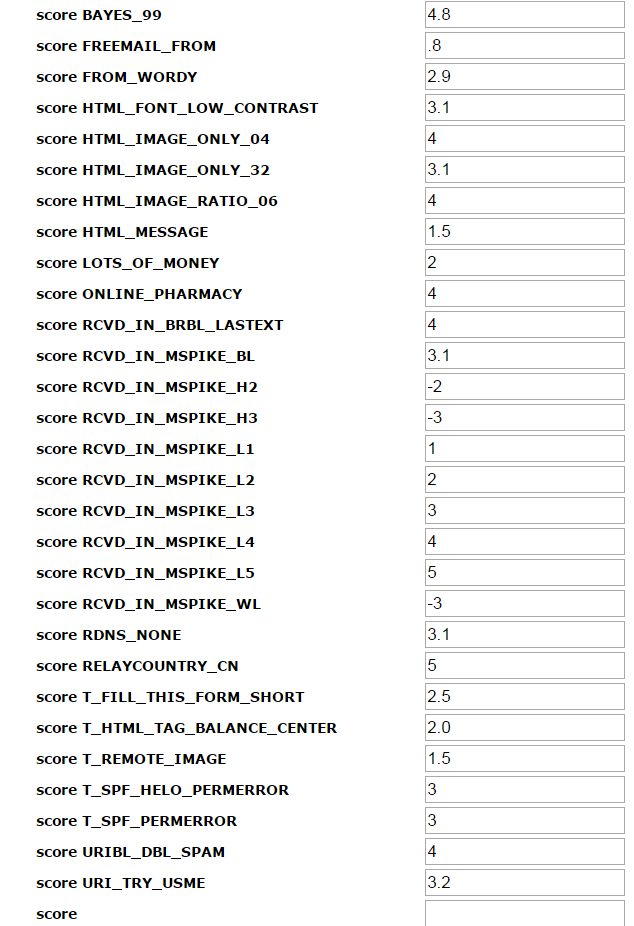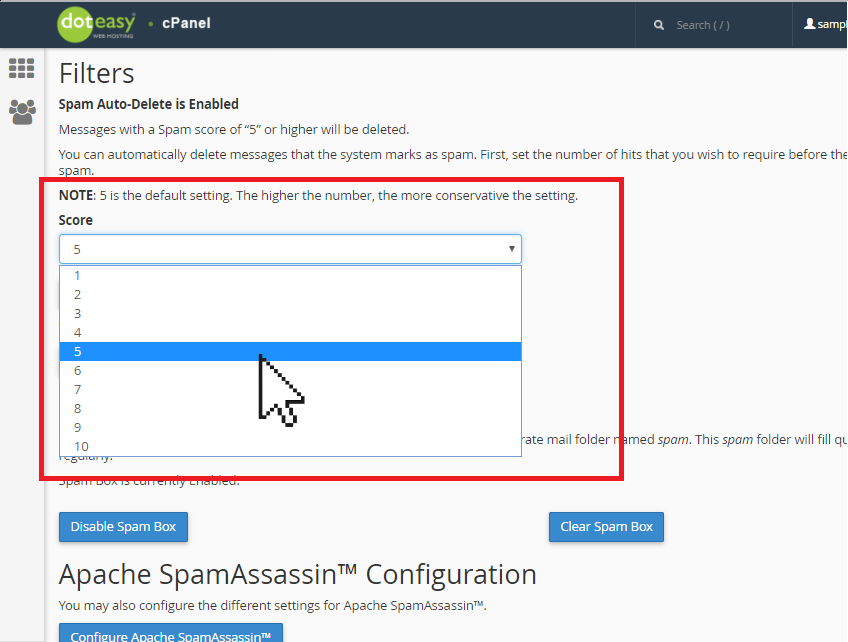



Occasionally, we may sponsor a contest or drawing. Pearson collects information requested in the survey questions and uses the information to evaluate, support, maintain and improve products, services or sites, develop new products and services, conduct educational research and for other purposes specified in the survey. Pearson may offer opportunities to provide feedback or participate in surveys, including surveys evaluating Pearson products, services or sites. We use this information to complete transactions, fulfill orders, communicate with individuals placing orders or visiting the online store, and for related purposes. Online Storeįor orders and purchases placed through our online store on this site, we collect order details, name, institution name and address (if applicable), email address, phone number, shipping and billing addresses, credit/debit card information, shipping options and any instructions. We use this information to address the inquiry and respond to the question. To conduct business and deliver products and services, Pearson collects and uses personal information in several ways in connection with this site, including: Questions and Inquiriesįor inquiries and questions, we collect the inquiry or question, together with name, contact details (email address, phone number and mailing address) and any other additional information voluntarily submitted to us through a Contact Us form or an email. Please note that other Pearson websites and online products and services have their own separate privacy policies. This privacy notice provides an overview of our commitment to privacy and describes how we collect, protect, use and share personal information collected through this site. Pearson Education, Inc., 221 River Street, Hoboken, New Jersey 07030, (Pearson) presents this site to provide information about products and services that can be purchased through this site. There are also a number of tests associated whitelisting/blacklisting, which implement the whitelisting/blacklisting features of SpamAssassin. GTUBE is useful for the administrator when testing a setup. This test forces a message to be considered spam by assigning a high score, in the case of GTUBE, 1000. There are a number of rules that incorporate features of SpamAssassin or that make administration easer. An explanation of the default ruleset as shipped with SpamAssassin 2.63 is contained in Appendix C, "Default SpamAssassin Ruleset." An example rule is given in the "Privileged Parameters" section later. Rules can be positive (definitely spam) or negative (definitely legitimate email) and can be fractional.
SPAMASSASSIN SCORES FULL
Rules can act on various parts of the message, including the full message and headers, headers only, body only, etc. RulesĪ rule is a test that determines the spam score of a message. SpamAssassin rules should be changed only after fully understanding the ramifications of modifying them. The rules are covered here to give you a taste of how the scoring engine works. The set of rules distributed with SpamAssassin is located by default in /usr/local/share/spamassassin. SpamAssassin's main strength is its ability to score messages for their likelihood to be spam.

Slamming Spam: A Guide for System Administrators


 0 kommentar(er)
0 kommentar(er)
